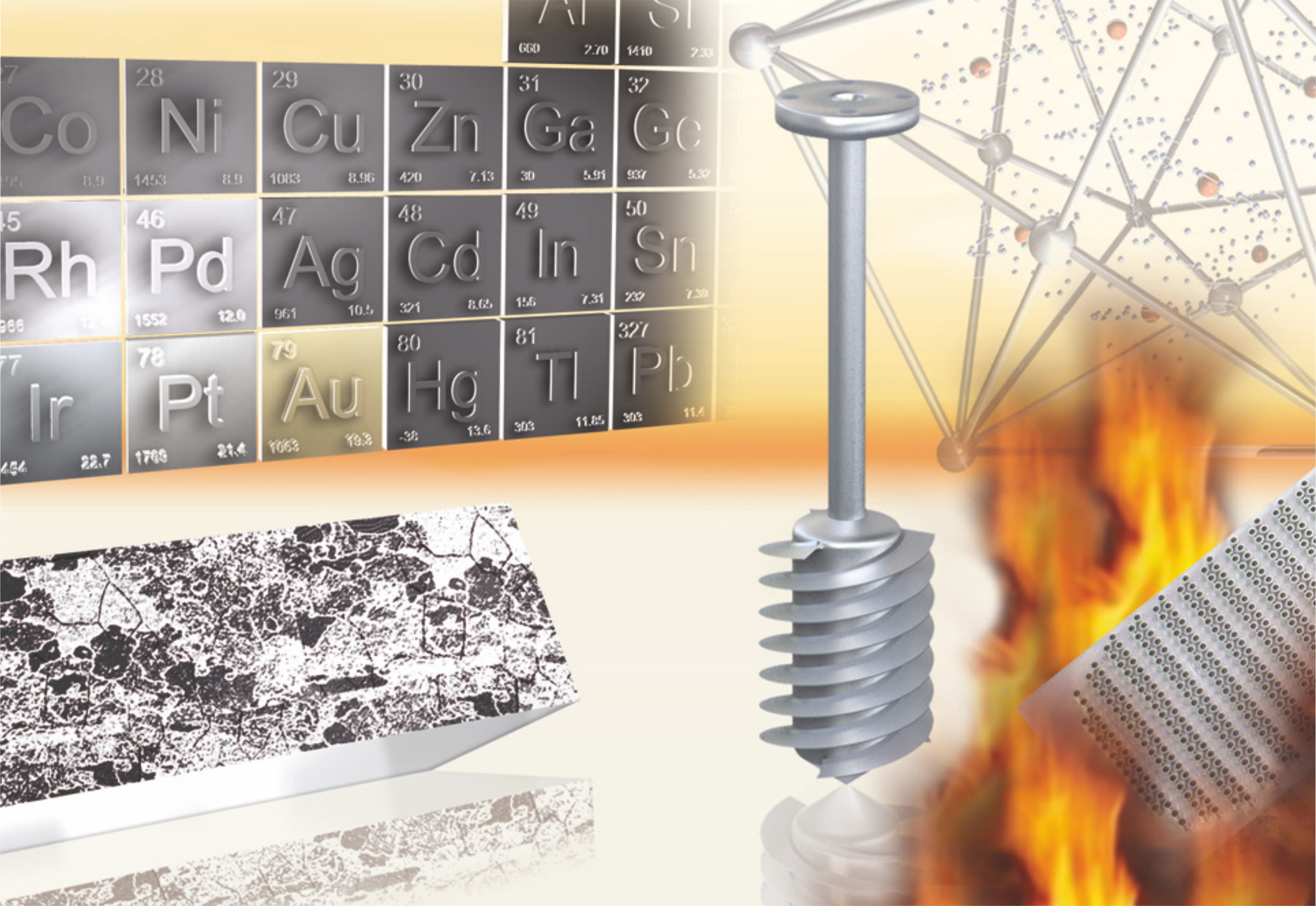

Equipment for Glass Making
Producing Economically – Even with Precious Metal
Producing economically with components made of precious metals – at first glance that appears to be a contradiction in the field of glass making. However, many of our customers have already achieved a good relationship between total costs and value, and now use precious metal components on a large scale.
Precious metals are, without question, expensive. Furthermore, the prices develop dynamically, so that the use of precious metals requires a certain degree of management – with corresponding effort.
 Phone - +91-294-6644222, 2490029
Phone - +91-294-6644222, 2490029